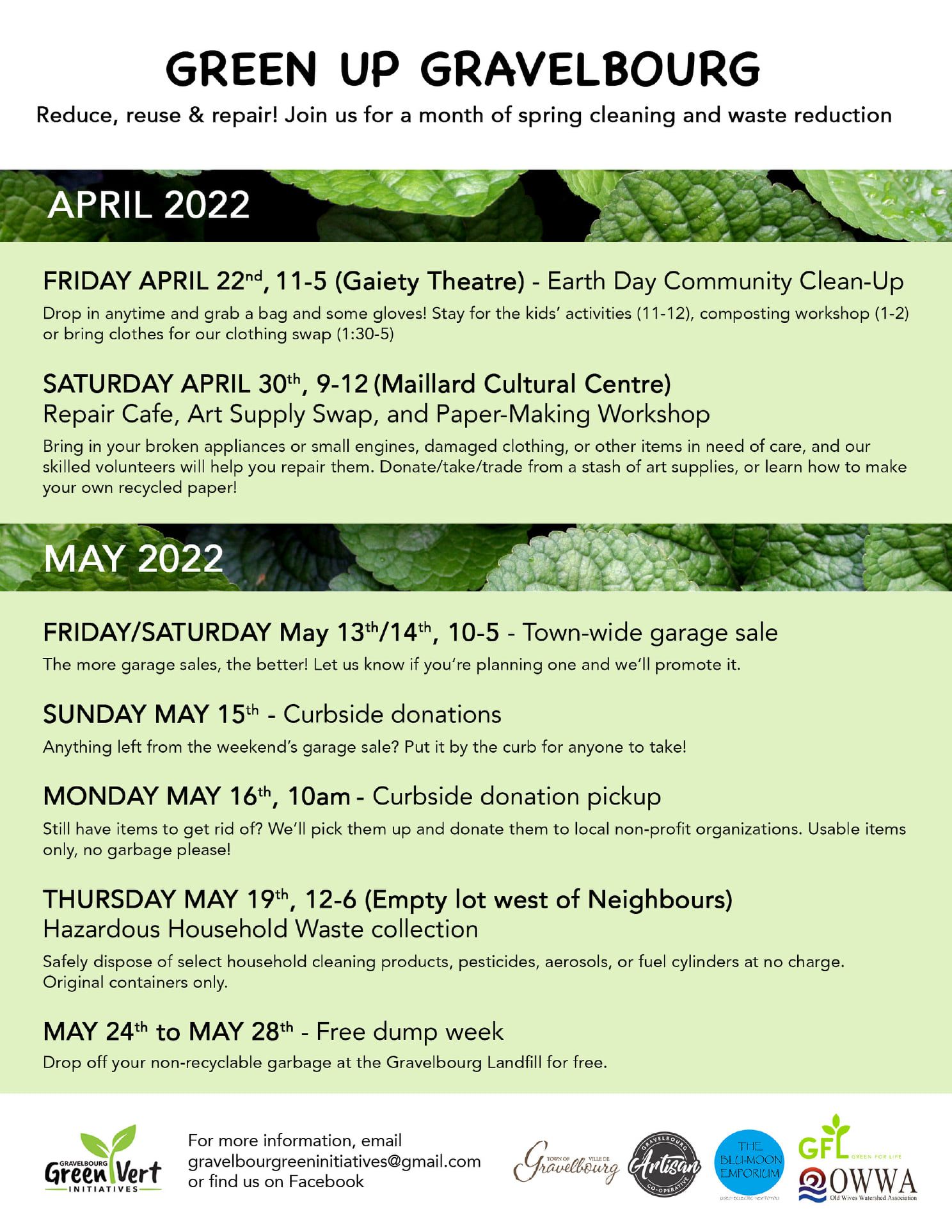Welcome to EcoWest News, a weekly round-up of news and resources that you can put to use in addressing environmental issues and protecting the wild in your community.
Introducing . . . Passive House Canada
Passive House Canada is a national non-profit professional association advocating for the Passive House high-performance building standard. They offer a substantive education program with courses aimed at design and construction professionals as well as policy-makers and homeowners. One of their newest courses introduces the PHribbon tool, which measures the embodied carbon in a project. The measurement includes manufacture, transportation, construction, use, replacement, demolition, and disposal of the building. In addition, Passive House Canada works with government on policy development and offers professional discussion forums across Canada.
Across the West
Instead of a very expensive restoration of BC’s Sumas Prairie, Raincoast Conservation Foundation proposes a managed retreat and partial restoration of Sumas Lake. [Raincoast Conservation Foundation]
A Victoria, BC, company is selling clothes made from recycled cotton and wool salvaged from landfills. Next step: creating a Canadian recycling and repair infrastructure. [Capital Daily]
An Alberta case study looks at ways to improve citizen science by addressing skepticism from the scientific community and challenges related to program leadership, staff capacity, and funding. [MDPI]
Government reports indicate that “southern Alberta rivers below major irrigation dams and diversions are stressed, some significantly degraded, and the prognosis is for a continual decline in river health.” [Nature Alberta]
Prairie-based kwayeskastasowin wahkohtowin is one of the top 10 finalists for the Rockefeller Foundation’s Food System Vision prize with their proposal for a just and sustainable agrifood system. [Rockefeller Foundation]
Gravelbourg, SK, with a population of just over 1,000 people, has a hard-working group of volunteers with an ambitious agenda to inspire, facilitate, and promote environmental sustainability in their community. Take a look at what they have planned for the next few weeks. [Gravelbourg Green Initiatives]

Manitoba’s ban on cosmetic pesticides has been delayed. [CBC Manitoba]
With help from cycling advocates at The Wrench, Winnipeg’s ArtsJunktion, a drop-off point for used art supplies, has designed a bike-powered machine to shred plastic that can’t be recycled so that it can be made into useful things. [CBC Manitoba]
Around the World
Purolator is road-testing a variety of electric delivery vehicles to see which function best in Canada’s climate and geography. Electric step-vans were introduced in Richmond, BC, last summer. [Pembina Institute]
A coalition of students, professors, scientists, experts, non-profits, community members, environmental lawyers, and social justice organizations are working directly with groundskeepers and universities to create herbicide-free campuses. They have just released a report on The State of Ecological Campus Land Management Across the US. [Herbicide Free Campus]
Companies are trying to make holiday travel more sustainable through an EV/hybrid search filter, repairing/renting/pre-owned ski gear, beach toy libraries, and sustainable villa rentals. [The Guardian]
Photo credit: https://www.flickr.com/photos/apmckinlay/49986796787
EcoFriendly West informs and encourages initiatives that support Western Canada’s natural environment. Like us on Facebook, follow us on Twitter, or subscribe by email.
